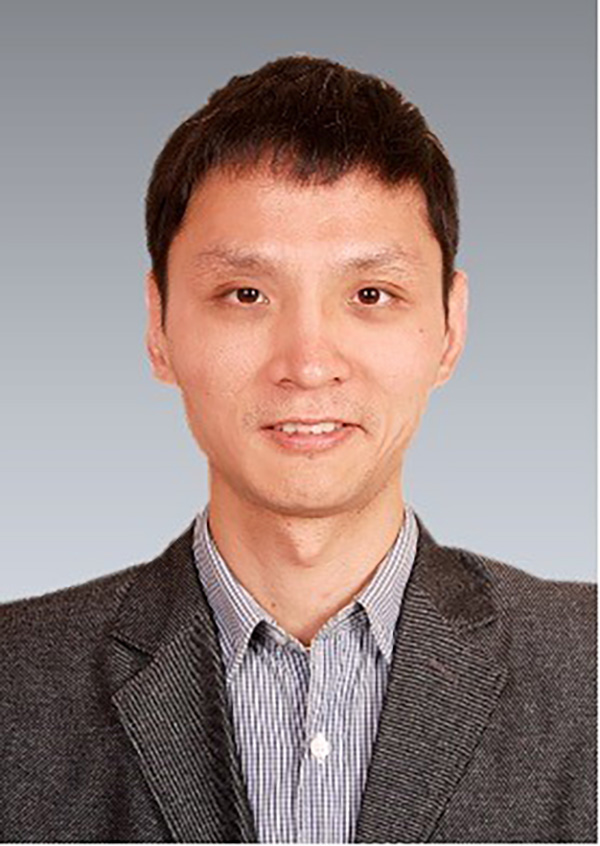NPRE 596 Graduate Seminar Series - Jianqi Xi

- Sponsor
- NPRE 596 Graduate Seminar Series
- Speaker
- Jianqi Xi, Senior Scientist, Materials and Structural Analysis Division, Thermo Fisher Scientific Company
- Cost
- Free and Open to the Public
- nuclear@illinois.edu
- Phone
- 217-333-2295
- Views
- 364
- Originating Calendar
- NPRE seminars
Integrative approaches toward the understanding of materials degradation in nuclear reactor environments
Abstract: The fast-growing energy demand and the need to limit greenhouse gas emissions have led to the acknowledgment of the importance of increasing nuclear energy efficiency, which requires nuclear materials can withstand more and more extreme environments. For example, the advances in nuclear reactors create exceptionally harsh working conditions for materials operating at higher temperatures, and more intensive radiation doses, while maintaining integrity in the presence of chemically aggressive environments. In some cases, the effects of these environments can even couple with each other. Those extreme environments can degrade material’s performance, thus requiring fundamental improvement in materials. However, the improvement of materials for nuclear applications is a daunting challenge, especially in the absence of a comprehensive understanding of the behavior of materials in complex and highly coupled extreme environments. Using examples from my research, I present strategies to overcome these challenges. Specifically, I integrate multiscale modeling with advanced experimental techniques to understand the relationship between microstructure/microchemistry, corrosion, and radiation responses in nuclear materials. In addition, I discuss strategies to design nuclear materials with enhanced corrosion resistant property, and how radiation couple with corrosion in materials. Altogether, these examples highlight the great potential of seamlessly integrating modeling and experiments into understanding and improvement of materials behavior in nuclear applications.
Bio: Dr. Jianqi Xi is currently a Senior Scientist in the Materials & Structural Analysis division at Thermo Fisher Scientific company. In 2017, he earned his Ph.D. from the University of Tennessee, advised by Prof. William J. Weber on the modification of functionality in nuclear materials. Then, he moved to Izabela Szlufarska’s group at the University of Wisconsin-Madison and worked as Staff Scientist to study the coupling effects of radiation and corrosion on the stability of nuclear materials. Jianqi is especially interested in applying integrated multiscale models and experimental techniques to the study of radiation & corrosion degradation of nuclear materials, as well as in employing digital twin approaches to predict surface topography under ion beam irradiation.